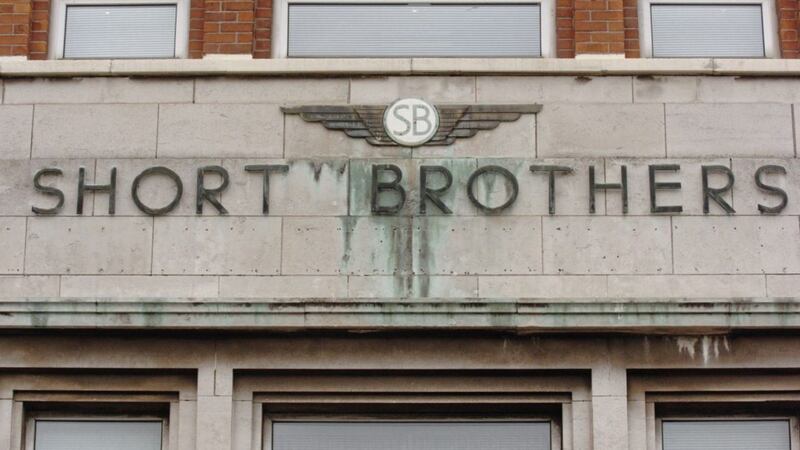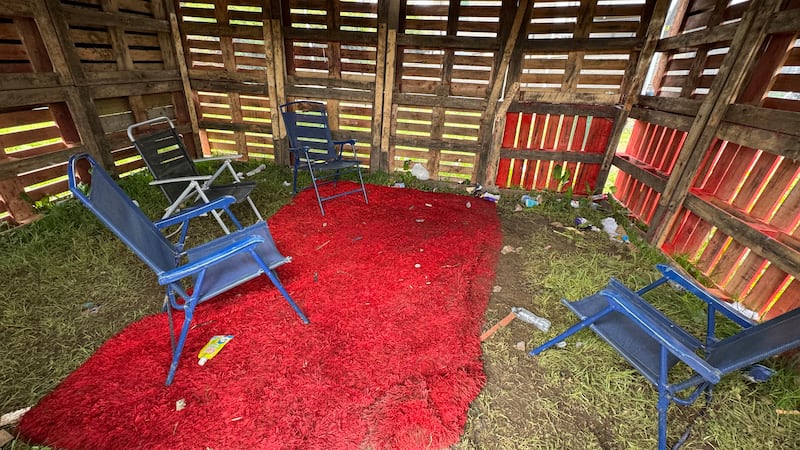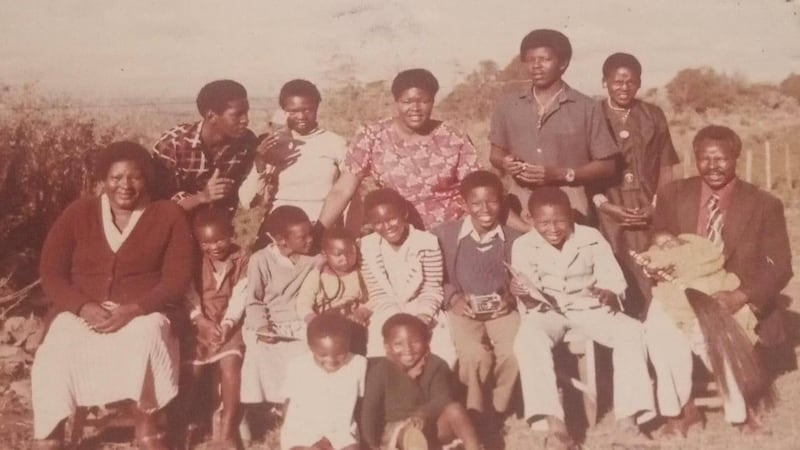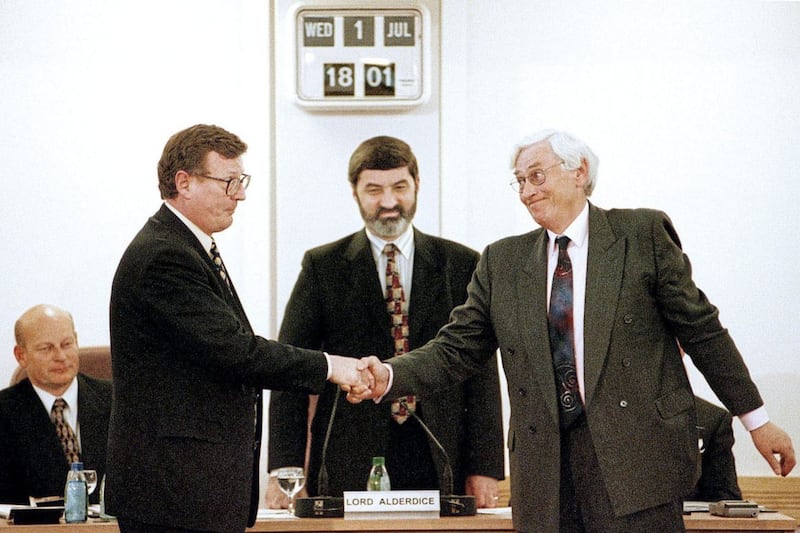SHORT Brothers in east Belfast was unable to sell its new `Tuscano' training aircraft to South Africa in 1993 because of the enforcement by the UK of a UN arms embargo.
In a follow-up meeting with the secretary of state, the South African ambassador said his country would consider placing a naval order with the struggling Harland and Wolff shipyard in Belfast.
Shorts' difficulties were raised with British minister of state for overseas development, Baroness Chalker by managing director, Roy McNulty on July 6 1993.
In his letter, Mr McNulty said the company's hope of selling their new `Tuscano' to the South African Air Force (SAAF) had been thwarted by the government's strict adherence to a UN arms embargo.
"Shorts was not permitted to give the SAAF an assurance that they could supply the `Tuscano' aircraft if a contract was awarded to us."
The firm was eliminated from the purchasing competition and South Africa opted for the Swiss PC9 aircraft.
The MoD had been lobbying against the Swiss decision to ignore the sanctions but abandoned that policy after the African National Congress supported the Swiss deal.
Mr McNulty queried why, with UN sanctions still in force, other UK suppliers should be able to supply parts for the Swiss aircraft.
The file also contains a report of a meeting between Secretary of State Sir Patrick Mayhew and South African Ambassador Kent Durr following the Shorts rebuff.
Writing to Foreign Secretary Douglas Hurd, Sir Patrick said the ambassador explained South Africa had decided to purchase the Swiss plane because Shorts could not give a clear-cut assurance that they would be able to deliver the aircraft.
Sir Patrick asked the ambassador to consider Harland and Wolff as "a potential yard for any contract... (the Ambassador) said that they would".








